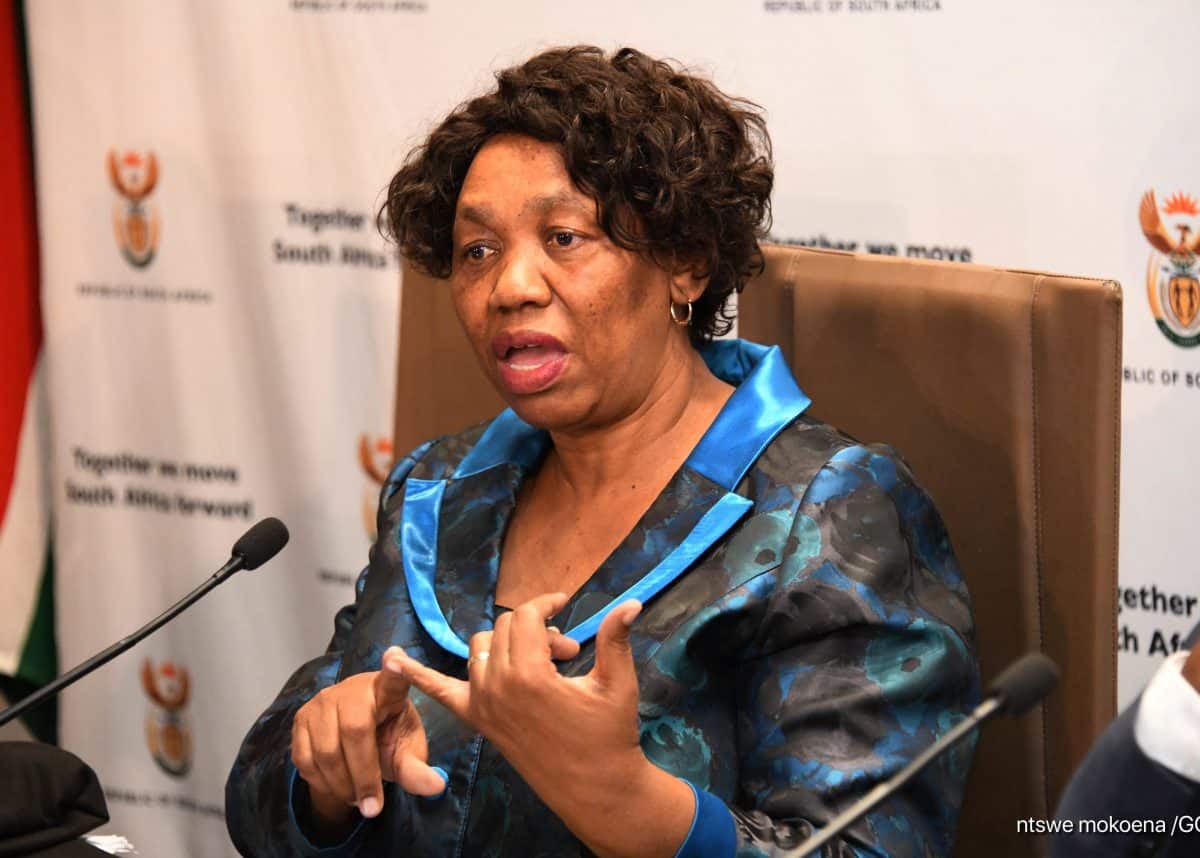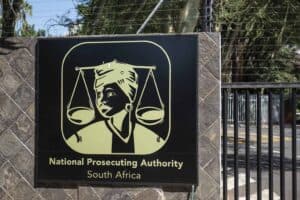Angie Motshekga said it is not yet possible to measure the impact of the closure schools since there has been no assessment of learning that has taken place yet.

Minister of Basic Education Angie Motshekga gave an update to the state of readiness of grades returning to school on Sunday.
Motshekga said her department is ready for Grade 6 and Grade 11 to go back to school on Monday. She said institutions that are ready for the return of Grade R’s are allowed to reopen as well.
During the lockdown, 1,718 schools were vandalised. The minister said that it was “disturbing” that “the criminals continue to cause havoc in our schools:.
“In Gauteng alone, 351 schools have been affected by vandalism; and six were vandalised just this week; and these are burglaries taking place in schools previously targeted.
In the North West, a school was torched this week, resulting in three classrooms to be damaged. The province reports that burning tyres were used to set the school on fire.
This is a serious set-back to the communities affected by these barbaric acts, which cause so much damage to our infrastructure.”
The minister also indicated that in where Grade R learners cannot be accommodated, schools must provide “strategic and realisable plans for ensuring the reincorporation of Grade R learners to schools within, but not later than the end of July 2020”.
When schools reopened on 8 June, 97% were ready, since reopening only 4% of schools had to close and reopened, the majority of schools remained “very stable”.
She said the 4% of schools that were closed only lost about three to four days of teaching and that disinfecting should not take longer than three days.
“Temporary closure of schools is much better than a system-wide closure. 25,000 remain opened, less than 1,000 had to close. If we closed all schools because of the 4%, it would come at an unacceptable cost of lost learning and school feeding for an entire generation of children, with consequences of worsening social and economic inequalities for years to come.”
Motshekga said it is not yet possible to measure the impact of the closure schools since there has been no assessment of learning that has taken place as yet.
COVID-19 cases affecting schools
She said less than 1% of teachers were infected with Covid-19 since the reopening of Grade 7 and 12, 2,740 teachers, of the total number of about 440,000 teachers, were infected by the virus. The highest infection rates among learners and teachers were in the provinces Gauteng, Western Cape, and Eastern Cape.
1 260 learners were infected by the virus. She said: “This implies that 0.01% of our learners, were infected by the virus.”
Three learners have passed away, 11 teachers and four 4 non-teaching staff in the Eastern Cape. Motshekga sent her condolences to the families of the learners and teachers who have lost their lives, adding that they need to work together to fight the pandemic.
“We are still unable to have all learners return to school at once.”
Comorbidities
About four hundred thousand (400 000) state-employed teachers. Of these 10,000, who have applied for concessions, have been approved to work from home. Representing 2.5% of the teachers given permission to work from home.
“In the coming days, schools have streamlined this area, so that they indeed continue to be functional. The department will increase its turn-around time when processing applications for concessions,” she said.
Water supply sanitation in schools
Provincial education departments identified 3, 500 schools with water supply challenges.
The department is making plans back to provide meals for school children who are not yet back to school.
Motshekga said: “We must report that some schools had existing on-site storage tanks, and just required assistance with filling them up with water. There were, however, several schools that did not have on-site storage tanks.”
Due to the increasing daily infections in the country, Motshekga says currently, there is no evidence that shows that schools are the centre of the spread.
For more news your way, download The Citizen’s app for iOS and Android.






